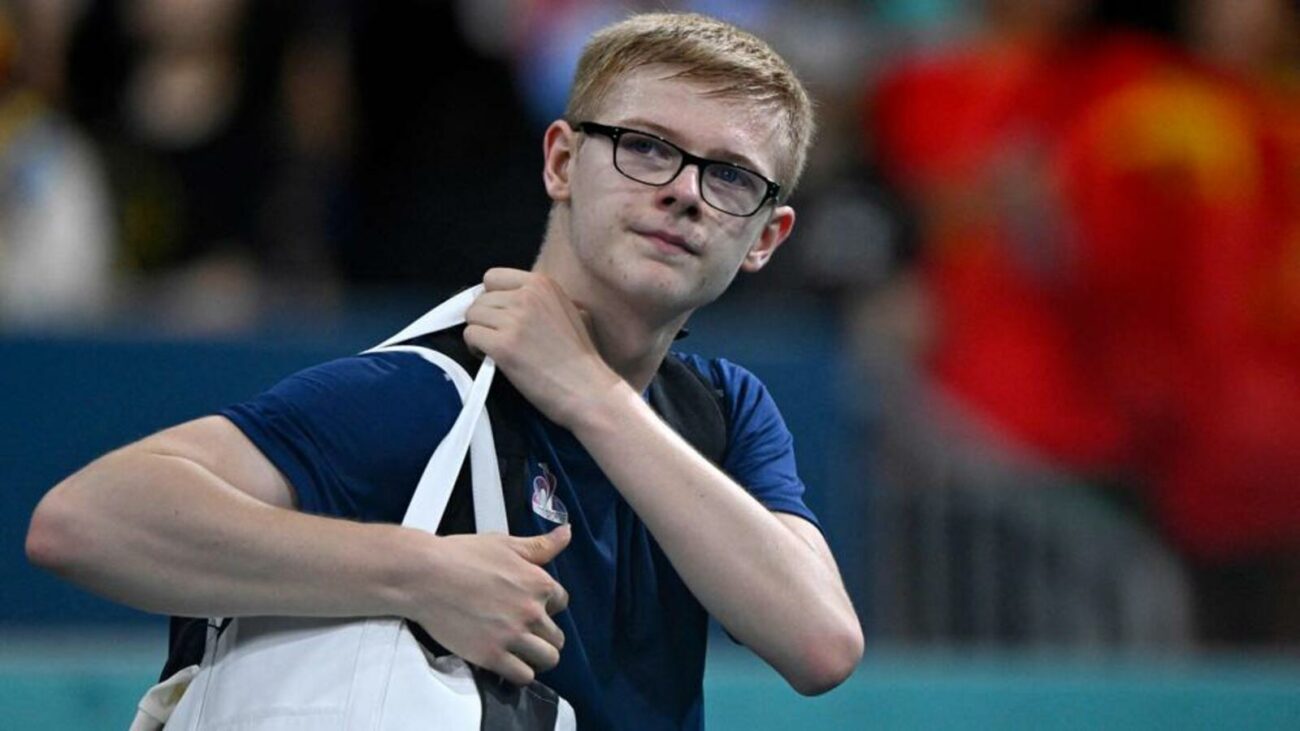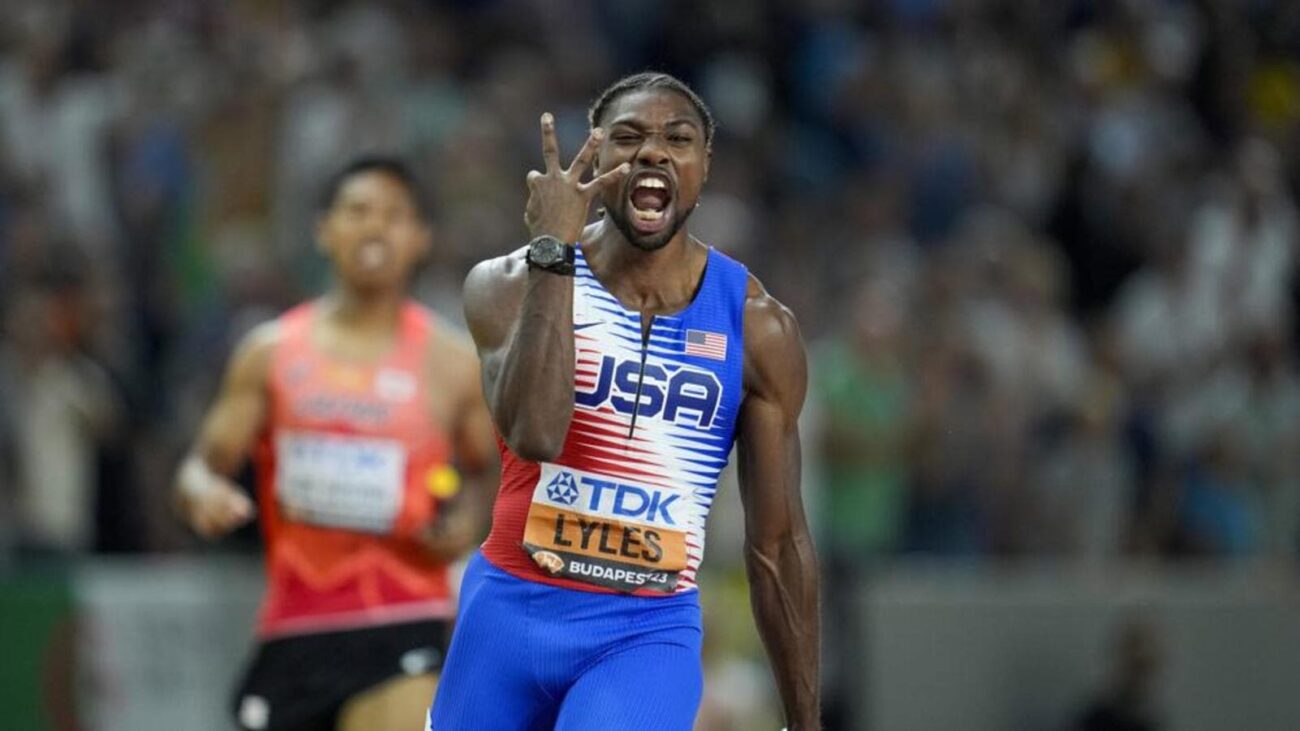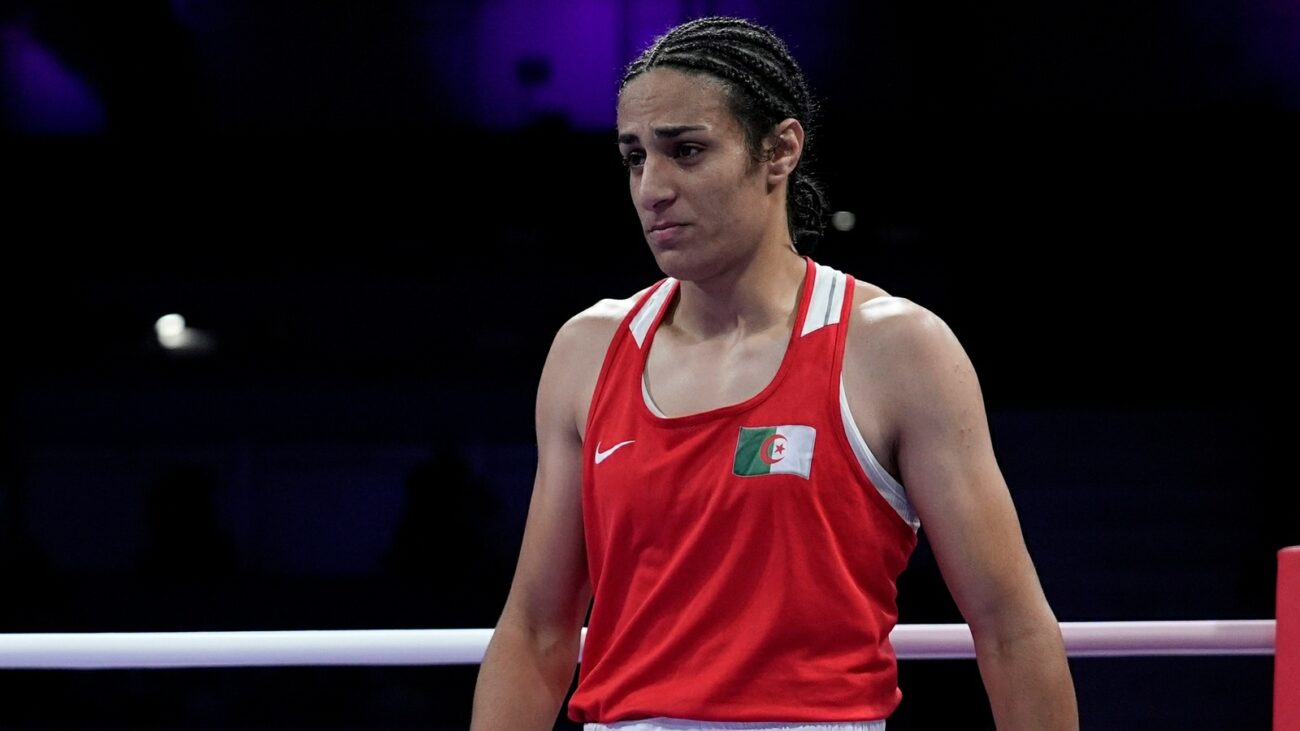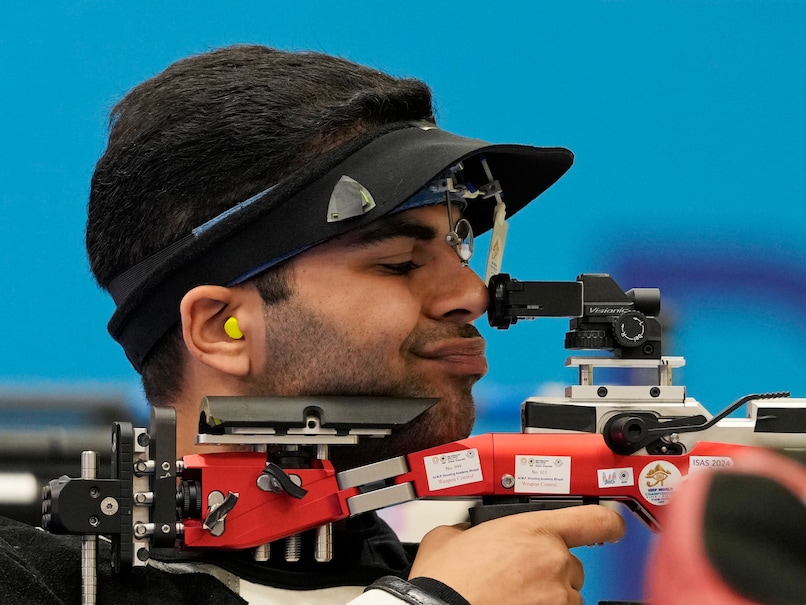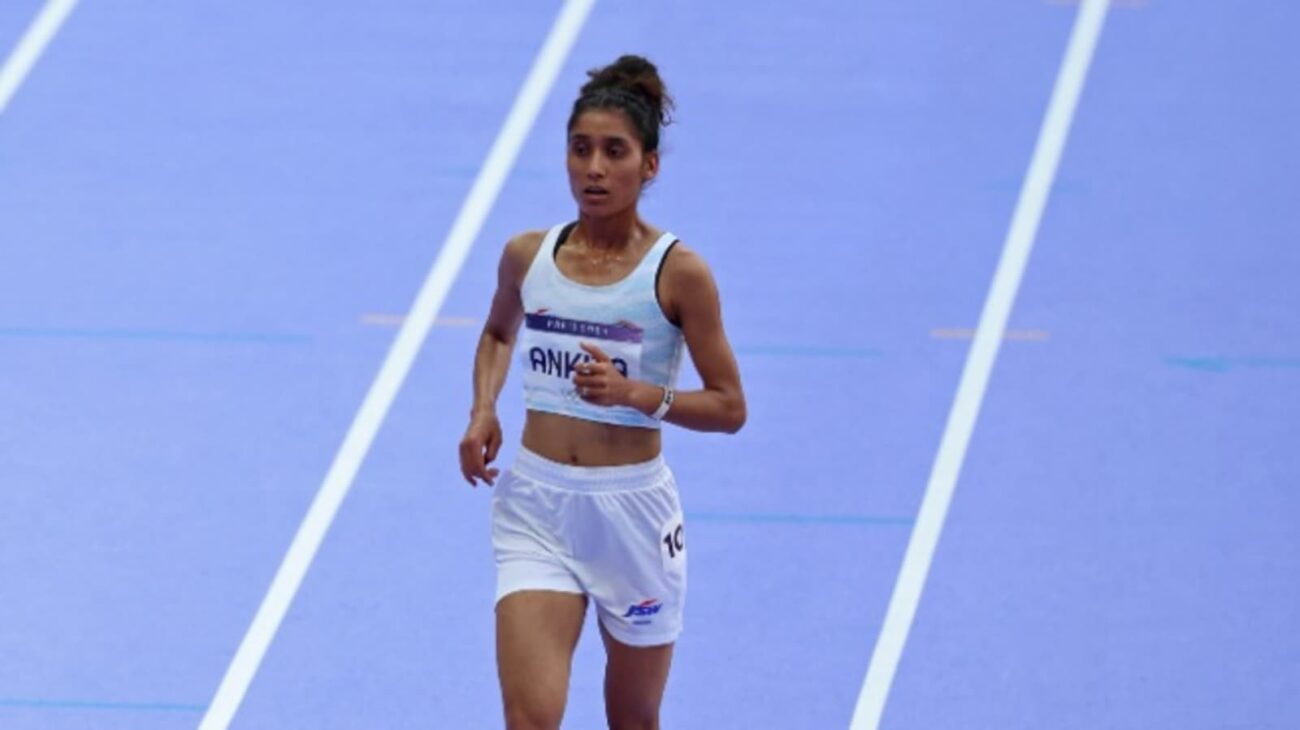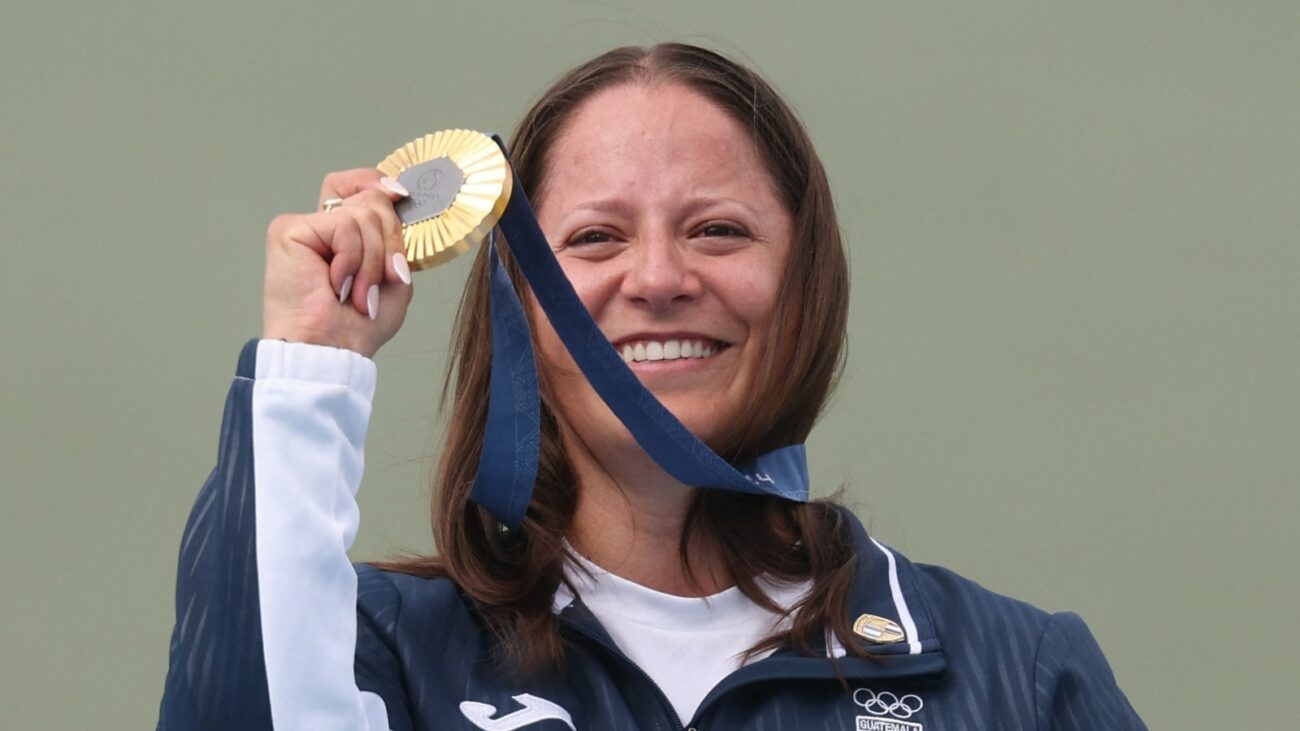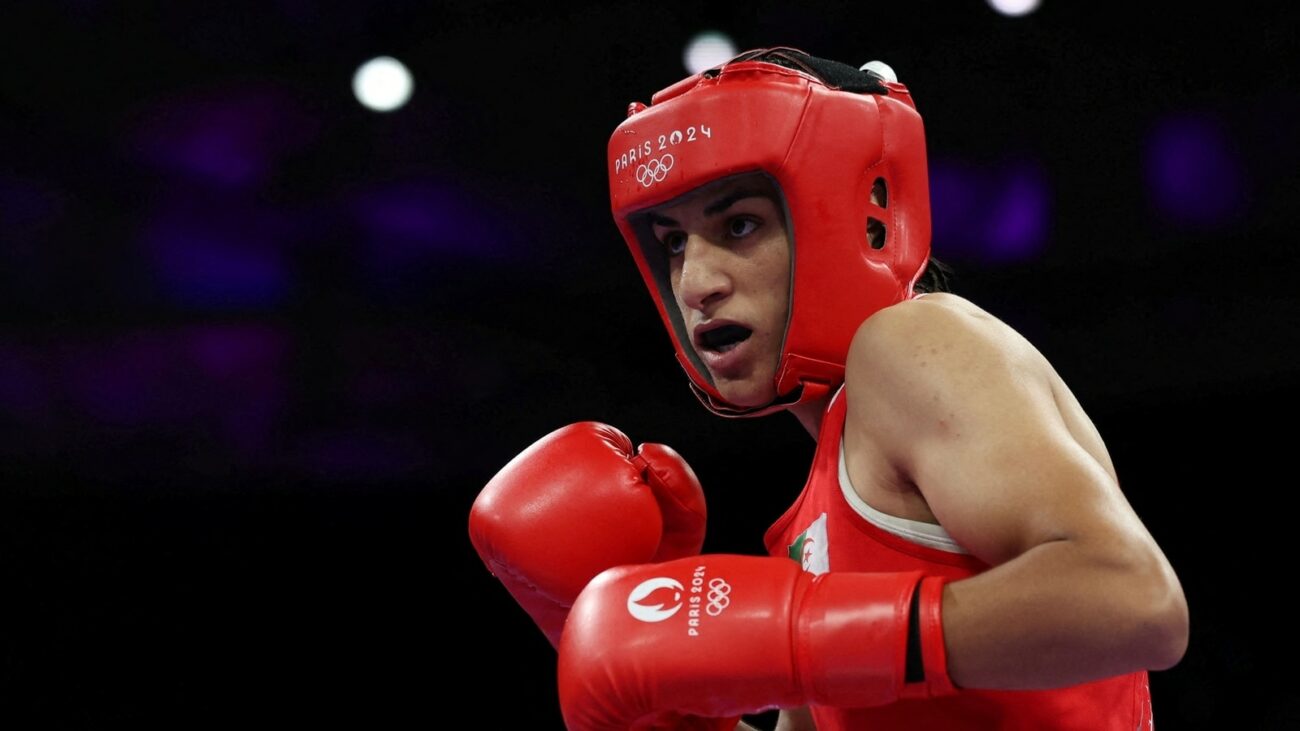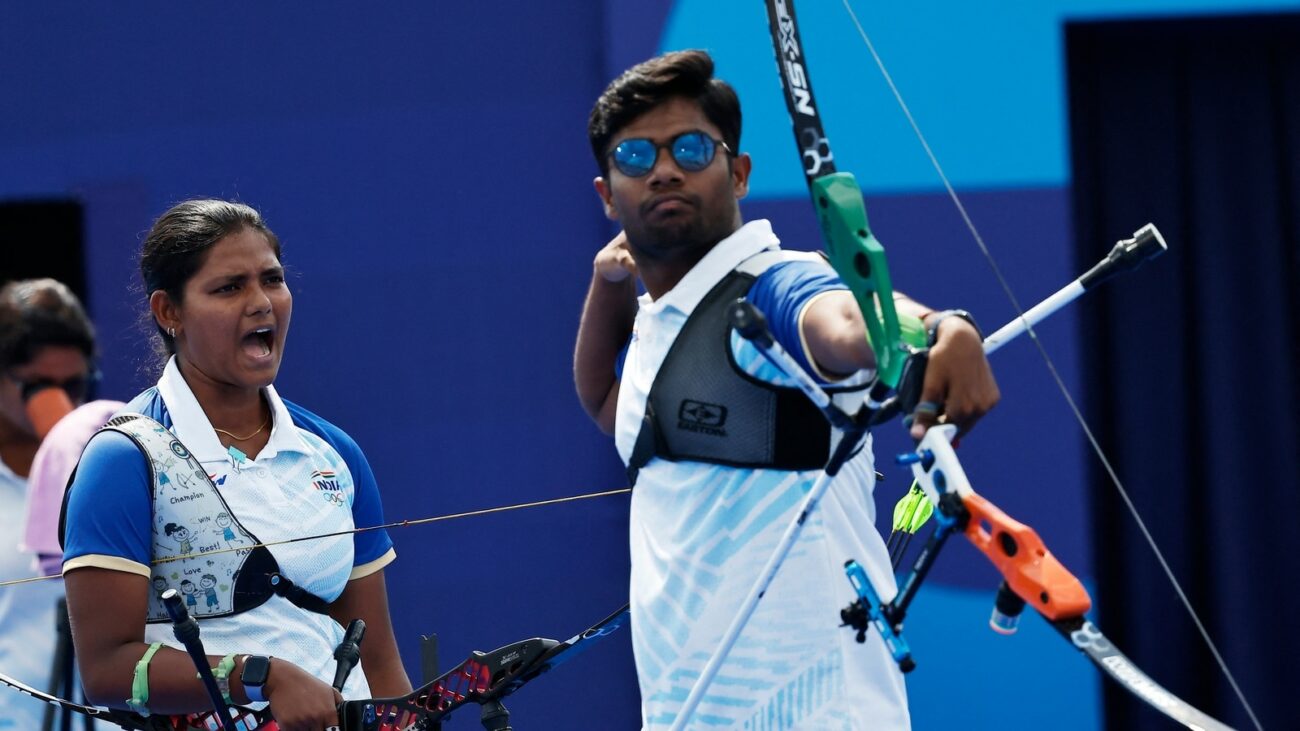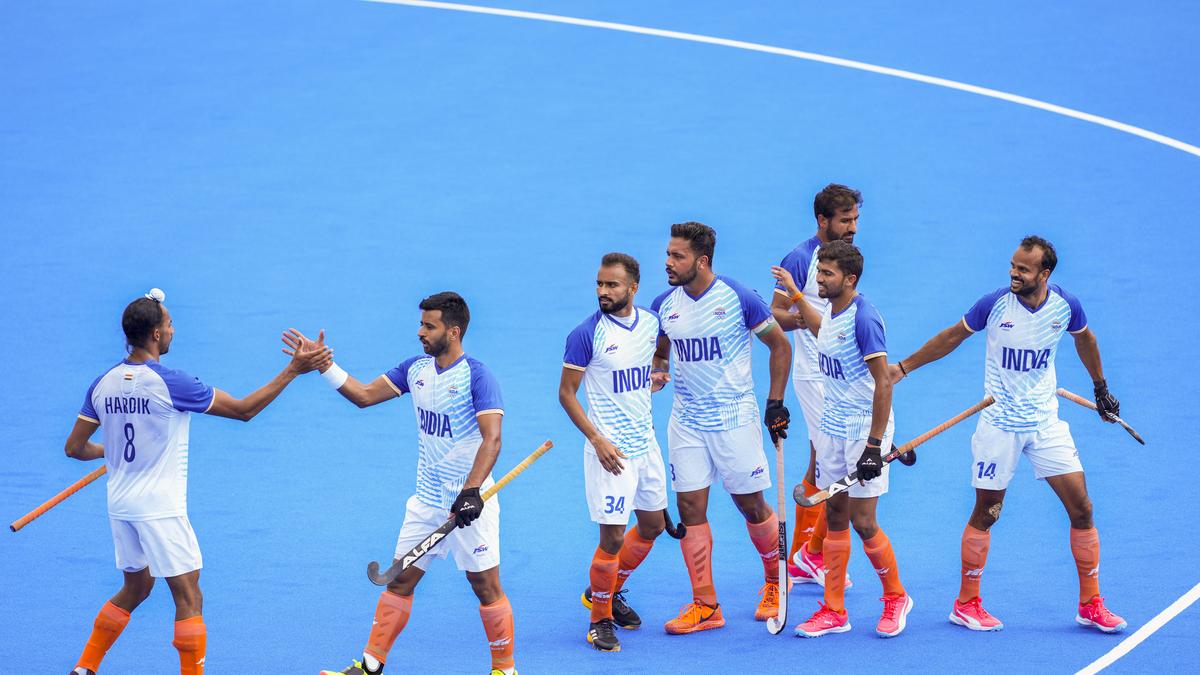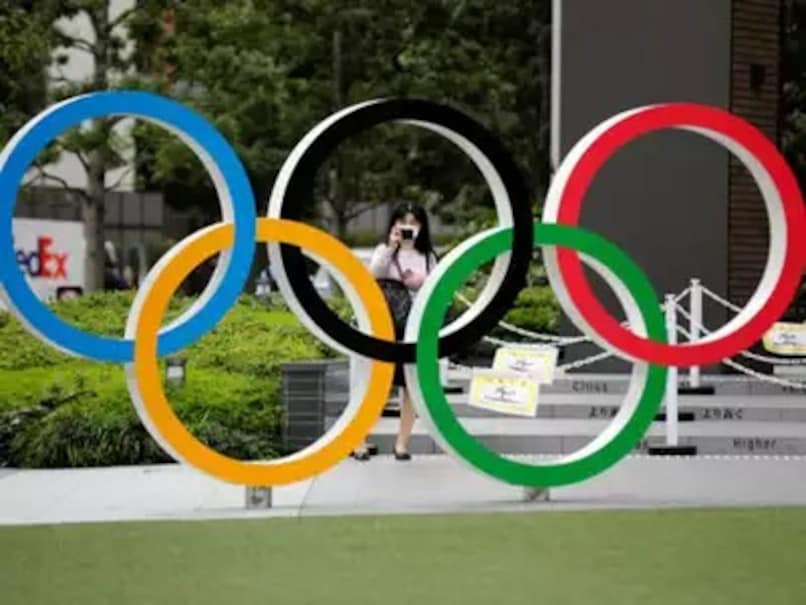Lebrun Brothers: French Table Tennis’s Rising Stars
In the heart of Paris, the Lebrun brothers, Felix and Alexis, are making history in French table tennis. Their journey began at a tender age, with Felix’s unwavering desire to join his father in the sport.
Growing up in a family of paddlers, the brothers were exposed to the game from an early age. Their father, Stephane, and uncle, Christophe Legout, were both accomplished table tennis players. While they dabbled in other sports, ping pong remained their true calling.
Felix, the younger brother, quickly rose through the ranks, becoming the world No.5 and the only non-Chinese player in the top five. Alexis, ranked 16th, has also made his mark, notably defeating the then world No.1 Fan Zhendong last year.
Together, they led the French team to silver at the World Team Championships in Busan, losing only to China. Their rise to global stardom is attributed to their intense training with each other during the Covid pandemic and the guidance of their first coach, Nathanael Molin.
Felix has captured the 2023 European Games gold and several WTT Contender titles, while Alexis has won three consecutive national titles. Their success has made them future challengers to the Chinese dominance in the sport.
Despite their sibling rivalry, the Lebruns share a close bond. Alexis is proud of his brother’s achievements, while Felix acknowledges his brother’s superiority in official matches.
Off the court, they spend time together traveling, playing games, and discussing table tennis. Their mother, Dominique, is overjoyed by their success and the strong bond they share.
The Lebrun brothers are determined to continue their ascent in the rankings, win major tournaments, and break new ground in world table tennis. Their journey is a testament to their talent, hard work, and the unwavering support of their family.

